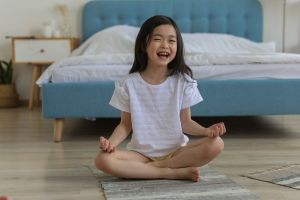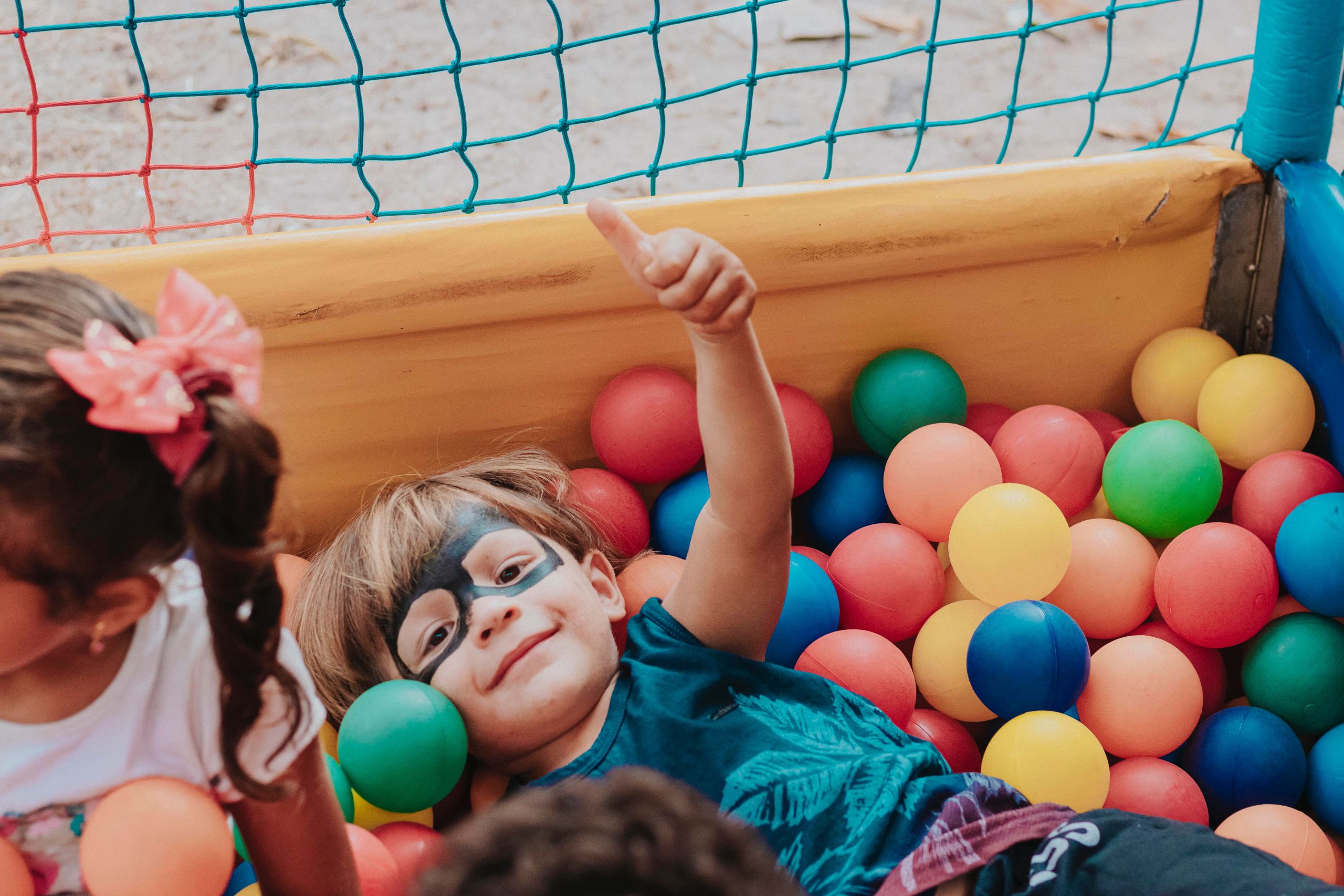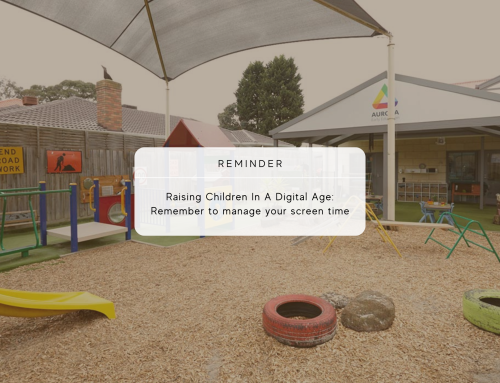Aurora Early Education believes in constantly enhancing the environment our children are in and increasing their moral standards in a variety of ways through our program and curriculum. One of the ways we use to instil these morals and values is through our virtue of the month which we incorporate into our curriculum learning outcomes.
This month’s virtue is positivity. In our spaces, we promote positivity by ensuring that our children and educators utilise any opportunity to engage, come to stillness and take on a more positive attitude towards any situation. Doing so helps all of us recognise our emotions and see things in a different light.
And, much like any other kind of energy, positivity can be contagious and spread to others in the same environment helping them respond more lightheartedly.
Encouraging positive thinking in early childhood
When considering how to get children to make sense of the concept of positive thinking, we must understand that it does not include disregarding negative thoughts or any other kinds of emotions. It simply means that we must encourage our children to think more constructively in any circumstance.
Expressing a variety of emotions is good, especially at a young age. However, as emotions are rising in a particular situation, we should urge our children to take a moment to gather their thoughts and feelings and productively deal with them. This may seem slightly advanced for a child to comprehend and administer, however, we ought to give children more credit as they are very capable individuals. They may not consciously know it, but they typically have a strong sense of identity and they often confidently share their own emotions whilst being fairly receptive to others.
Jacksonville University conducted a study with 90 children from the ages five to ten communicating emotions after listening to different scenarios between two characters. The results showed that children could grasp the main principles of positive thinking and its power in more ambiguous cases. Moreover, once positive thinking is introduced, children get better at approaching situations with it as they grow older.
In this section, we explore different ways to build on children’s positivity in both home and early education environments.
-
Lead by example
We can encourage our children to think more positively by setting a good example. Since children often mirror certain elements of what they observe, including the emotions of others and how they choose to deal with them. We can exhibit a constructive way of dealing with our own emotions to help them implement that sort of thought process in their own environments.
Additionally, as adults, we can emanate more positivity and incorporate it into our daily lives to set good examples for our children. We must also share our own positive moments with our children and include them in feeling happy so they understand feeling good about someone else’s success, which ultimately helps them become more considerate and caring for others.
-
Happiness jars
Additionally, in order to aid in starting conversations about emotions and positivity, we use ‘Happiness Jars’. Happiness jars help educators instigate group discussions on what makes the children happy and content. Whoever shares what has made them happy gets to put a happy ball in the jar.
The happy experiences shared can be the simplest of things such as someone sharing a snack with them or something deeper like helping another person feel better. Either way, seeing a jar filled up with happy tokens encourages them to find more cheerfulness and fulfilment in any circumstance big or small.
-
Practising mindfulness

Aurora provides stimulating learning experiences that enable young children to progress significantly. Our dedicated and qualified educators regularly plan activities for the children to explore, develop, and gain a greater understanding of themselves, their skills and the world around them.
Practising mindfulness activities with children for a few minutes at a dedicated time daily to be thankful and appreciative will help calm their minds, be present in the moment, deal with anxiety, and make them look at things more optimistically. Inevitably, children will be increasingly collected, confident, and joyful as a result of this.
-
Doing fun activities

Participating in fun activities with family and peers is highly beneficial to children as it gives them an outlet to channel their energy into and get rid of any tension that may be building up inside. It also helps them create more fond memories to add to their bank of joyful moments with the people they care about. This helps them especially when they have to reflect and relive the good experiences whilst practising mindfulness or sharing for the happiness jar.
Aurora follows a child-centric approach to learning which is why play-based learning is part of our curriculum and incorporated into our nine KFAs. With a secure environment, play-based learning essentially enhances a wide range of abilities for our children intellectually, physically, socially and creatively, in a more uplifting and engrossing way. This way, learning happens with a positive attitude that encourages enthusiastic interactions with fundamental subjects. Play-based learning allows our children to build on the meanings of things and associate it with an activity to further develop their understanding of the topic at hand and have fun whilst doing so.
All things considered, we must point our children in the right direction as they are developing when it comes to forming good habits to help them now and always. We can do so by teaching them the importance of being kind, positive, and present. This will eventually make them much better problem-solvers than many of us today.
Have a trip to our Kindergarten in Doncaster and Kindergarten in Rowville.
Sources:





